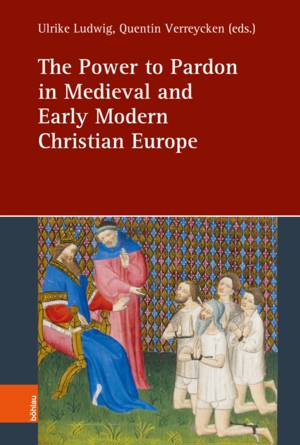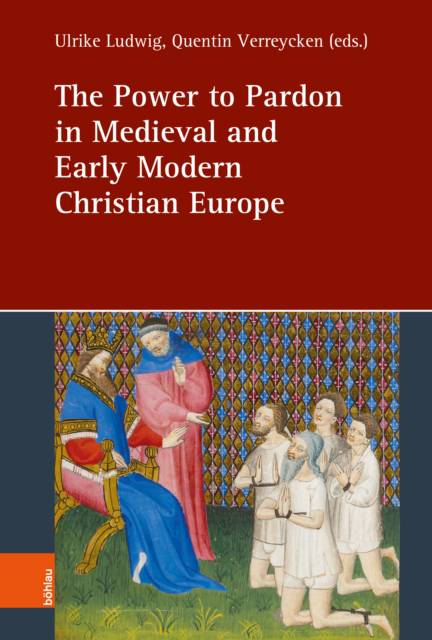
Bedankt voor het vertrouwen het afgelopen jaar! Om jou te bedanken bieden we GRATIS verzending (in België) aan op alles gedurende de hele maand januari.
- Afhalen na 1 uur in een winkel met voorraad
- In januari gratis thuislevering in België
- Ruim aanbod met 7 miljoen producten
Bedankt voor het vertrouwen het afgelopen jaar! Om jou te bedanken bieden we GRATIS verzending (in België) aan op alles gedurende de hele maand januari.
- Afhalen na 1 uur in een winkel met voorraad
- In januari gratis thuislevering in België
- Ruim aanbod met 7 miljoen producten
Zoeken
The Power to Pardon in Medieval and Early Modern Christian Europe
€ 49,45
+ 98 punten
Omschrijving
In medieval and early modern Christian Europe, the power to exercise pardon over rigor of justice was one of the strongest manifestations of sovereignty and, as such, it was almost ubiquitous. For merciful rulers, pardoning was a means to enforce peace and assert the supremacy of their judicial authority, whereas for subjects, it was primarily a way to save their lives and escape punishment, often at a lower cost than other mitigating practices. Studying the predominant role of pardon in medieval and early modern societies, this collective volume examines how pardons operated within complex legal systems marked by a plurality of legal orders, where various means of conflict resolution coexisted and litigants had to navigate multiple levels of authorities.
Specificaties
Betrokkenen
- Uitgeverij:
Inhoud
- Aantal bladzijden:
- 295
- Taal:
- Engels
- Reeks:
- Reeksnummer:
- nr. 6
Eigenschappen
- Productcode (EAN):
- 9783412533854
- Verschijningsdatum:
- 31/10/2025
- Uitvoering:
- Hardcover
- Formaat:
- Genaaid
- Afmetingen:
- 160 mm x 24 mm
- Gewicht:
- 984 g

Alleen bij Standaard Boekhandel
+ 98 punten op je klantenkaart van Standaard Boekhandel
Beoordelingen
We publiceren alleen reviews die voldoen aan de voorwaarden voor reviews. Bekijk onze voorwaarden voor reviews.








